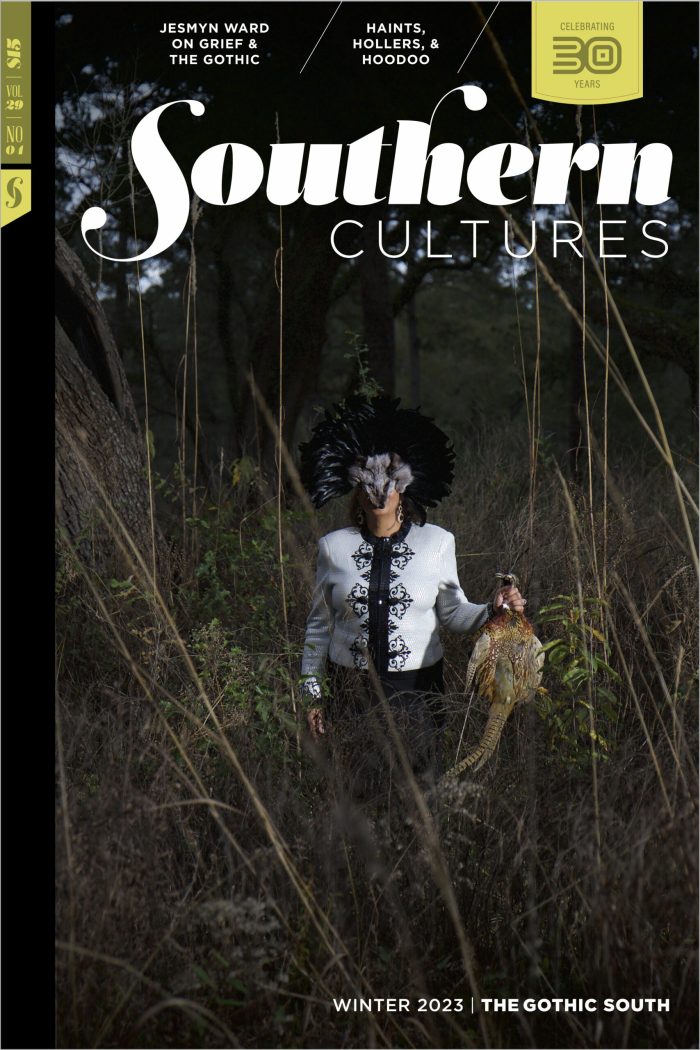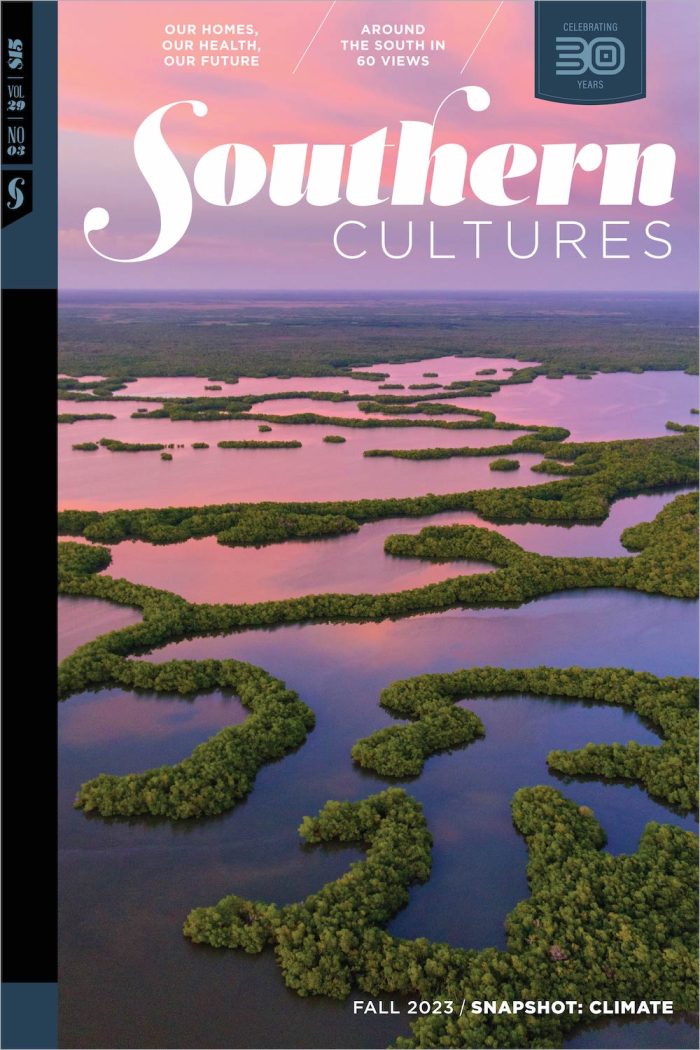by Harry L. Watson
Gender, White Supremacy, and the Wilmington Race Riot of 1898
by Andrea Meryl Kirshenbaum
Images and Voices
by George G. Stewart
by Eugene D. Genovese
Envelopes of the Great Rebellion, 1861–1865
by Stephen W. Berry
by Gaines M. Foster
Alfred A. Knopf, 1997 The Bible Belt. Few images of the South have a more tenacious grip on the popular imagination. Many who use the term as shorthand for evangelism’s centrality to southern culture assume it has always been so. The South, after all, never changes. Southern Cross should help dispel the idea of a seamless history »
by John C. Willias
University of Tennessee Press, 1997 Emory, Virginia, played host to a polyglot gathering of locally focused intellectuals in October 1992. Over a span of two days, scholars interested in frontier Virginia met there to consider, debate, and reevaluate settlement of the Old Dominion’s early westward fringes. From this ferment, editor Michael J. Puglisi of Marian »
by Catherine Clinton
Princeton University Press, 1996 “Lies, Duels, Noses, Masks, Dressing as a Woman, Gifts, Strangers, Humanitarianism, Death, Slave Rebellions, The Proslavery Argument, Baseball, Hunting, and Gambling in the Old South”: What’s not to love about a subtitle like this? But even if we love it, what in the world is the author trying to do? Reviews »
by David E. Whisnant
University of North Carolina Press, 1995 Since the early 1960s a great deal of excellent scholarly work has emerged on Appalachia. Much of that work is the product of a conscious effort by younger scholars- a number of them represented in this volume- to correct unfounded misconceptions that had long flourished not only in popular »
by Albert E. Cowdrey
University of Georgia Press, 1996 If environmental history has one pervading characteristic, it is discontinuity. Climatic and geographic determinism are long dead, and generalizations to replace them are hard to come by, especially as the science of ecology grows increasingly relativistic. With a few notable exceptions- Alfred W. Crosby’s work on the consequences of European »
by Timothy J. Minchin
University of North Carolina Press, 1995 For many years, historians have argued that southern employers used the ideology of white supremacy to divide their workforce. Realizing that effective worker protest depended on whites and blacks forging a unified labor movement, employers maintained racial divisions among employees as a means to control the entire working class. »
by John M. Coski
Mercer University Press, 1997 A heroic monument to the Confederacy first envisioned in 1914 and finally dedicated in 1970 presents an ideal opportunity to explore the Lost Cause in twentieth-century America. Inexplicably, freelance historian David B. Freeman fails to seize this opportunity in his history of Stone Mountain, Georgia.
by Charles W. Dunn
University of Georgia Press, 1996 Sometimes baffling its antagonists, other times perplexing its advocates, Bob Jones University (BJU) proclaims itself “the world’s most unusual university.” Perhaps it is also the world’s most misunderstood university. In his book, Mark Taylor Dalhouse has appropriately labeled BJU “an island in the lake of fire.” He could just as »
by Wayne Flynt
University of Georgia Press, 1995 Charles Reagan Wilson has a knack for approaching a subject from an unanticipated direction. His studies of southern culture often diverge from the mainstream toward the periphery of Moon Pies, Goo Goo Clusters, Elvis, and professional wrestling. Some readers find that off-putting. Others consider it fascinating. Judgment & Grace in »
The Southern Journeys of John and Alan Lomax
by Gavin James Campbell





